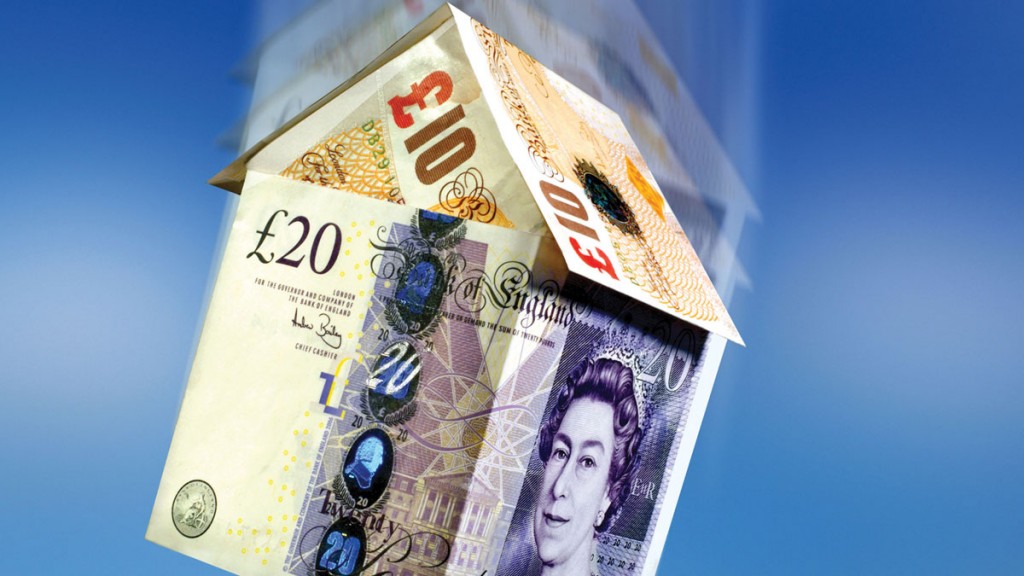
House-price rises continued to slow during July, according to the latest UK residential market survey from the Royal Institute of Chartered Surveyors (RICS). The survey’s past prices indicator returned the lowest reading in three years, with only 5% more surveyors noting an increase in prices, down from 15% in June.
July saw the fourth consecutive month of declining new buyer enquiries, an effect felt across most of the UK. Some 34% of survey respondents reported a fall in sales, a number almost unchanged from June, meaning that the past two months have seen the biggest level of falling sales since 2008.
Surveyors blamed weaker demand on “market uncertainties” following on from the UK’s decision to leave the EU, as well as recent tax changes. However, RICS says its forward-looking indicators are “a little less gloomy”, with 12-month price and sales projections “edging back into positive territory”.
• Aberdeen Asset Management has cut the discount on its UK property fund for investors who want to withdraw their money to 5% from 7%. This reduction reflects Aberdeen’s belief that “calm and order” are being restored to the UK commercial property market, said chief executive Martin Gilbert. The impact of the vote to leave the EU “is being felt most in the central London office market, which the portfolio has little exposure to”, Gilbert reassured investors on Monday, with the retail and logistics markets still “holding up relatively well”.
Aberdeen was fairly unusual among commercial property managers in only suspending trading in its funds for a week in the aftermath of the referendum, when property funds saw a spike in outflows. Many property funds, including those run by Prudential and Columbia Threadneedle, remain closed, with no indication of when this may change.
Aviva warned investors last week that its fund might remain closed until 2017. In a note sent out to investors, the company confirmed the suspension was likely to last for at least another six to eight months, while it tries to find buyers for parts of its portfolio. Aviva acknowledged that sales might be “more difficult to execute” in the current environment, “due to market uncertainty”.
The holiday property trap
If you’re looking to invest in a holiday home in an overseas resort, make sure you read the small print, writes Merryn Somerset Webb, editor-in-chief of MoneyWeek, in the Financial Times. While the idea of a place in the sun with a guaranteed rental return of 5% is understandably tempting in the current low-yield environment, the reality is often not that simple.
This guaranteed rental income often only lasts for a set time period, meaning once that time has come to an end, “you get what you get”, and you could be locked into an auto-renewing deal. In one particular property – a three-bedroom suite with “stunning views” – 25% of the gross rental amount went to the resort operator, and 5% to the reserve fund for resort “capital improvements”.
There are also local taxes (which could easily go up) and insurance to think about. In addition, you could be called on to provide working capital for the resort’s rental operation, or for extra contributions to the reserve fund.
What’s more, there won’t be many spontaneous trips abroad to visit your investment either. Although you’re allowed to stay in the property for 180 days a year, you have to give the resort operator all of your planned dates in November of the previous year. These stays are also restricted – you have to go for a minimum of seven days at a time and only two weeks can be taken during the summer.
So if you’re tempted on your next holiday to make the place you’re staying a permanent part of your life, “have another glass of rosé instead”. Far better to consider investing in global income-producing equities, and “using any gains to stay in someone else’s holiday property investment”.